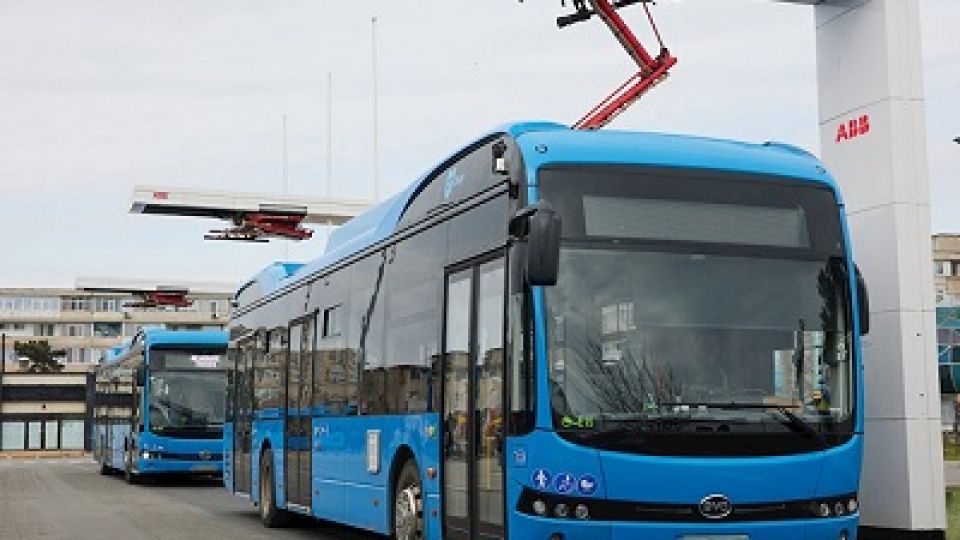by TINTSWALO BALOYI
JOHANNESBURG, (CAJ News) – THE South African National Energy Development Institute (SANEDI) is investing US$4,7 million (R89 million) for the purchase of the country’s first electric commuter buses and associated charging infrastructure.
The 39 buses are set to be on local roads by the end of 2025.
SANEDI, was appointed by the Development Bank of Southern Africa (DBSA) as the project’s implementing agent, will access funding from the DBSA, which has secured the finance from the Global Environmental Facility.
“Our objective with this project is to pave the way for the country to shift to electric mobility in the near future,” said Tebogo Snyer, project manager for SANEDI’s cleaner mobility programme.
In terms of the project scope, the capital city of Tshwane (Pretoria) will be allocated 20 buses and eThekwini (Durban) 19.
In both cities electricity infrastructure will be upgraded and charging facilities installed. The project will be implemented over the period of five years with half the buses being commissioned in the first two years and the rest later on.
“During this time, we will demonstrate the technical, operational, legal, economic and other feasibility factors, and bed down the specifications of the ecosystem needed to support electric buses in South Africa,” Snyer explained.
The first buses are expected on the road in the next 18 to 24 months.
The project preparation phase leading up to that includes infrastructure development and consultation with stakeholders to ensure that all entities in the municipalities are ready to support the project. Drivers will also be trained on how to safely operate an electric bus and manage charging cycles.
Snyer said although the intention is to procure locally as much as possible, the buses will have to be imported as no local manufacturing capacity exists.
“We manufacture some electric charging equipment in South Africa, but what we need to procure will depend on the buses we decide to test.”
DBSA initiated the project in consultation with several municipalities that had expressed an interest in participating.
Conceptualisation started in 2018 but the process was halted due to the COVID-19 pandemic . Work resumed in 2022 and by late 2023.
Snyer said that switching from internal combustion to electric vehicles in significant quantities will add additional load to the grid, albeit of a different kind.
The impact can be managed with smart project planning and implementation that ensures fleets of buses are charged in off-peak periods.
It is also expected that technology will develop to where electric vehicles can actively support and stabilise the grid.
Snyer said they were preparing South Africa for the future.
“When costs start to come down, local municipalities should be ready to implement the technology that will improve public transport while reducing its environmental impact.”
– CAJ News

